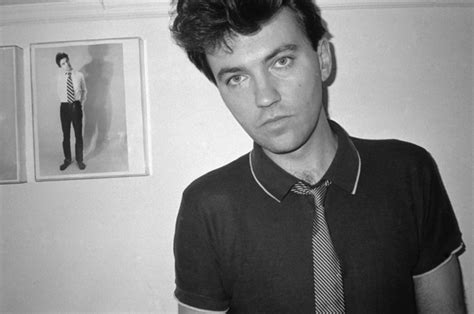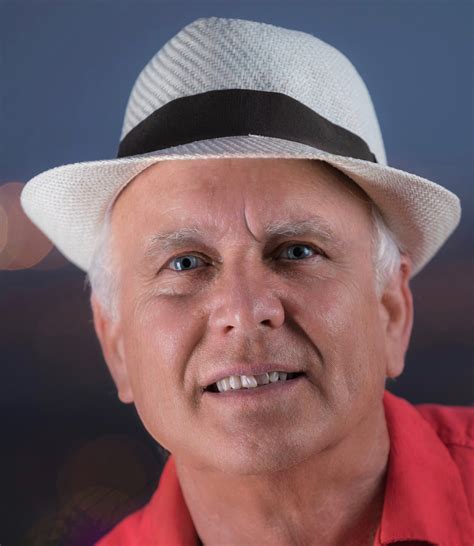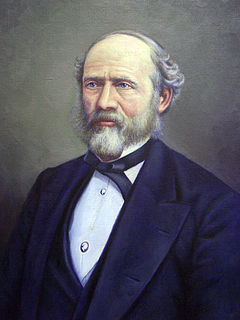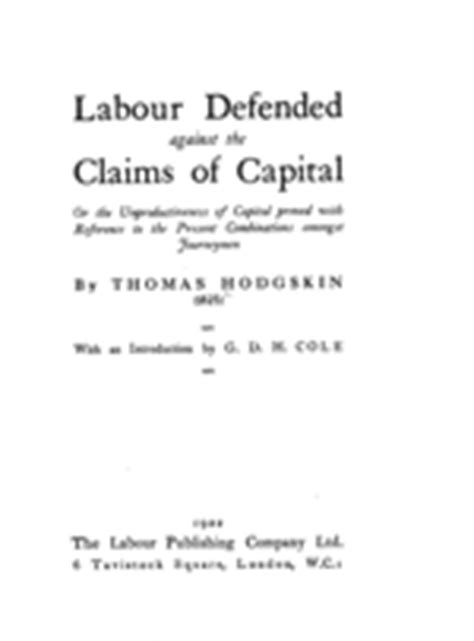A Quote by David Hume
Few enjoyments are given from the open and liberal hand of nature; but by art, labor and industry we can extract them in great abundance. Hence, the ideas of property become necessary in all civil society.
Related Quotes
It is evident that the right of acquiring and possessing property, and having it protected, is one of the natural, inherent, and unalienable rights of man. Men have a sense of property: Property is necessary to their subsistence, and correspondent to their natural wants and desires; its security was one of the objects, that induced them to unite in society. No man would become a member of a community, in which he could not enjoy the fruits of his honest labour and industry.
My position as regards the monied interests can be put in a few words. In every civilized society property rights must be carefully safeguarded; ordinarily and in the great majority of cases, human rights and property rights are fundamentally and in the long run, identical; but when it clearly appears that there is a real conflict between them, human rights must have the upper hand; for property belongs to man and not man to property.
It is a great mortification to the vanity of man, that his utmost art and industry can never equal the meanest of nature's productions, either for beauty or value. Art is only the under-workman, and is employed to give a few strokes of embellishment to those pieces, which come from the hand of the master.
We have no paupers ... The great mass of our [United States] population is of laborers; our rich, who can live without labor, either manual or professional, being few, and of moderate wealth. Most of the laboring class possess property, cultivate their own lands, have families, and from the demand for their labor are enabled to exact from the rich and the competent such prices as enable them to be fed abundantly, clothed above mere decency, to labor moderately and raise their families. ... Can any condition of society be more desirable than this?
Even after seeing so much bad art in the last few years, it still seems possible that one can be led to the right places. I haven't given up hope because there are always great artists, great minds, and great ideas. New ideas are what give you hope. You have to base your opinions on the quality of the ideas in the artworks.
A product of your life and liberty is your property. Property is the fruit of your labor, the product of your time, energy, and talents. It is that part of nature that you turn to valuable use. And it is the property of others that is given to you by voluntary exchange and mutual consent. Two people who exchange property voluntarily are both better off or they wouldn't do it. Only they may rightfully make that decision for themselves.
You are horrified at our intending to do away with private property. But in your existing society, private property is already done away with for nine tenths of the population; its existence for the few is solely due to its non-existence in the hands of those nine tenths. You reproach us, therefore, with intending to do away with a form of property, the necessary condition for whose existence is the non-existence of any property for the immense majority of society.
Centralize property in the hands of a few and the millions are under bondage to property - a bondage as absolute and deplorable as if their limbs were covered with manacles. Abstract all property from the hands of labor and you thereby reduce labor to dependence; and that dependence becomes as complete a servitude as the master could fix upon his slave.
Among the natural rights of the colonists are these: first, a right to life; second, to liberty; third, to property; together with the right to support and defend them in the best manner they can. These are evident branches of ... the duty of self-preservation, commonly called the first law of nature. All men have a right to remain in a state of nature as long as they please; and in case of intolerable oppression, civil or religious, to leave the society they belong to, and ernter into another.... Now what liberty can there be where property is taken away without consent?
I look in a right of property - on the right of individuals, to have and to own, for their own separate and selfish use and enjoyments, the produce of their own industry, with power freely to dispose of the whole of that in the manner most agreeable to themselves, as essential to the welfare and even to the continued existence of society.
[T]here are, at bottom, basically two ways to order social affairs, Coercively, through the mechanisms of the state - what we can call political society. And voluntarily, through the private interaction of individuals and associations - what we can call civil society. ... In a civil society, you make the decision. In a political society, someone else does. ... Civil society is based on reason, eloquence, and persuasion, which is to say voluntarism. Political society, on the other hand, is based on force.
If by a "Liberal," they mean someone who looks ahead and not behind, someone who welcomes new ideas without rigid reactions, someone who cares about the welfare of the people - their health, their housing, their schools, their jobs, their civil rights, and their civil liberties - someone who believes that we can break through the stalemate and suspicions that grip us in our policies abroad, if that is what they mean by a "Liberal," then I'm proud to say that I'm a "Liberal."








































